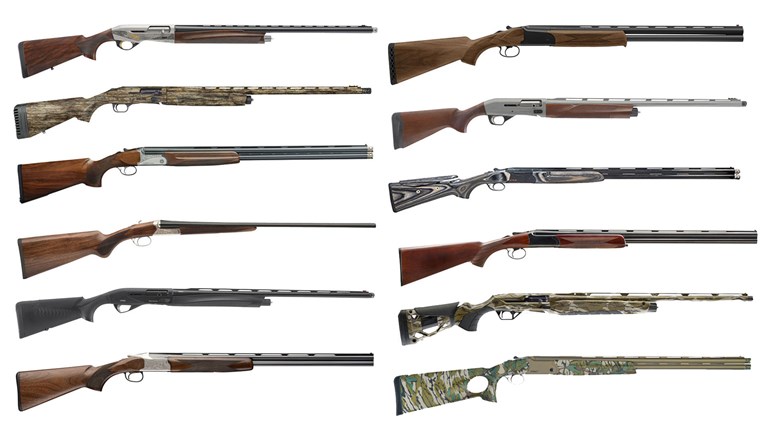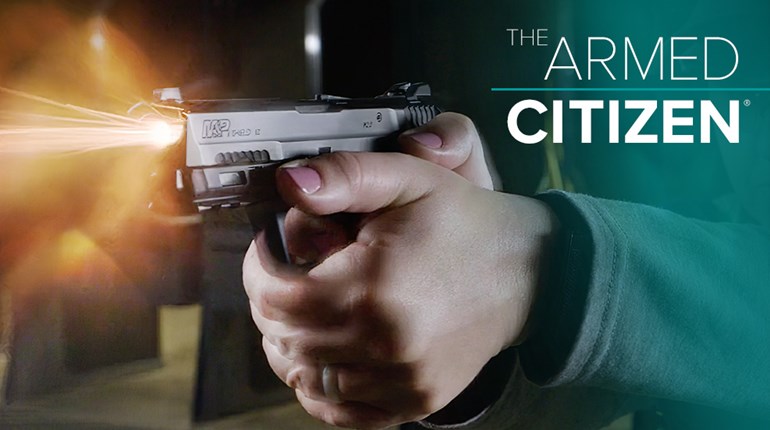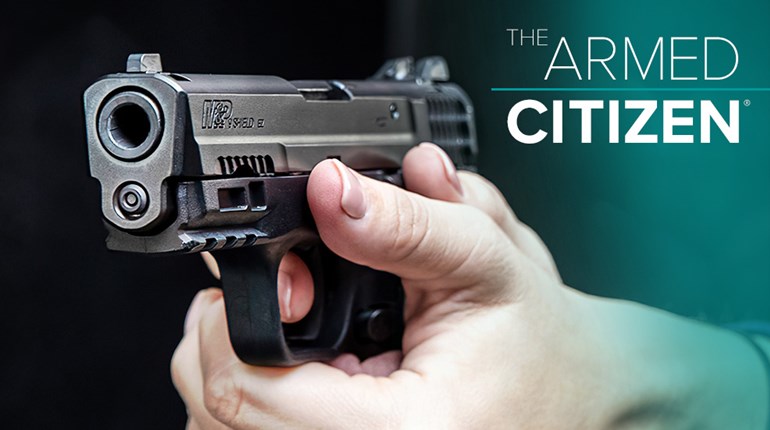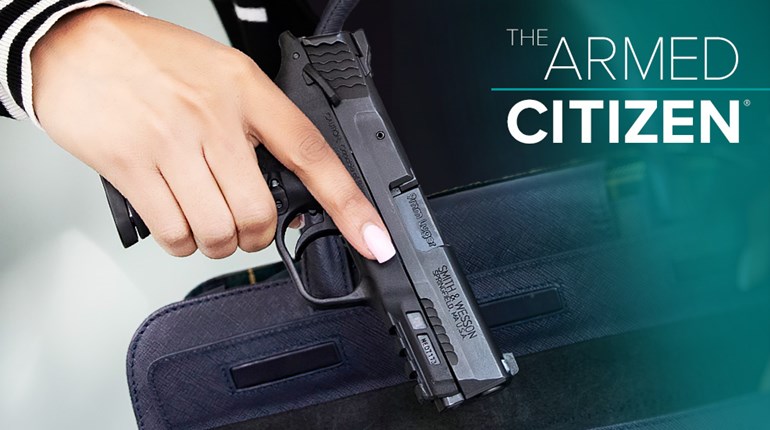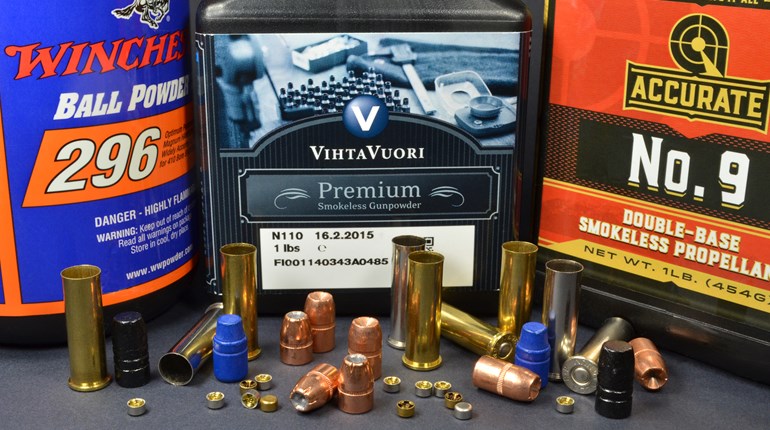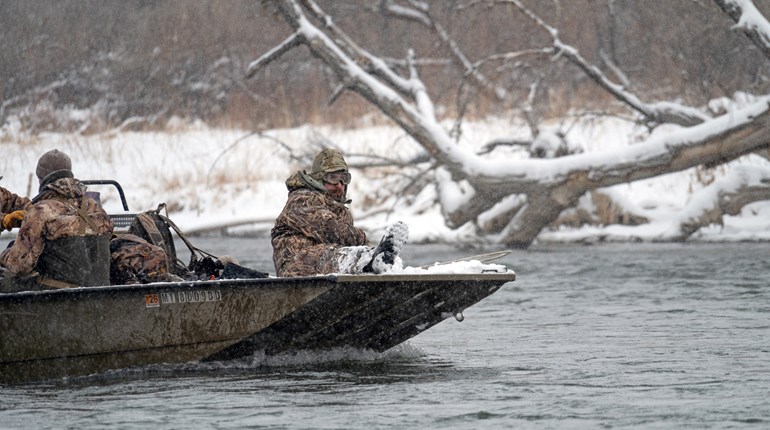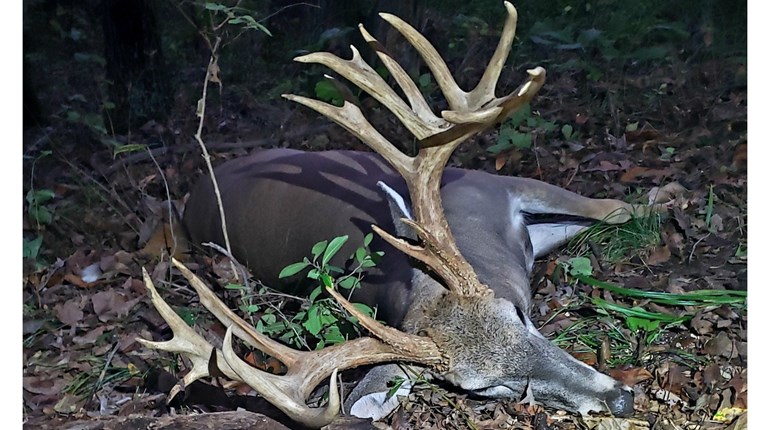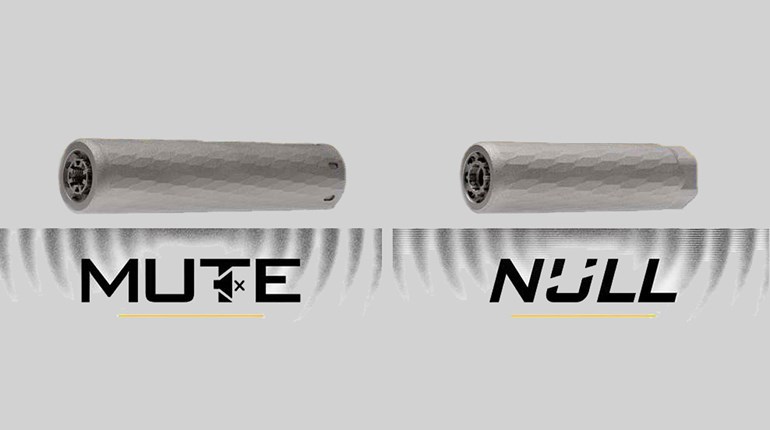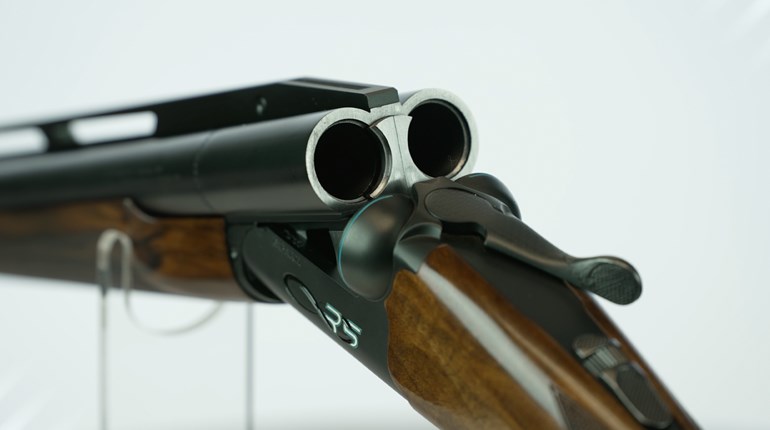
Over the years a handful of new shooters with a freshly-laminated CCW permit in their pocket have asked me what type of gun they should buy for defensive carry, and most have been frustrated by my response. Perhaps many of them were looking for a simple answer—a brand, a caliber, an action type—but selecting a firearm for personal protection isn’t easy, and it’s not a decision that someone else should make for you.
Chances are you wouldn’t ask someone else to choose a car for you to purchase, to order your dinner, or to select and furnish your next home. But new shooters often allow others to make decisions about the firearm that they will use for personal protection. That’s understandable, I suppose; if you’re new to guns, selecting the right one can be rather daunting. Nevertheless, I think selecting a defensive firearm is a very personal decision. To that end, I’ll share the advice with you that I share with others who are purchasing their first concealed carry gun so that you can make the right decision when it comes to your personal security.
1. Do Your Homework
Take the time to do a little research on your own so that you at least know your options and price points. Roughly speaking, new concealed carry guns will cost (at retail stores) $250 or more, and the most popular chamberings, at least in terms of sales, are the .380 ACP and 9mm for semiautos, and the .38 Special for revolvers. That’s a good place to start, and there’s a reason those cartridges are so popular (primarily wide availability, sufficient stopping power and manageable recoil), though it is hardly a complete listing. In my latest book The Handgun Buyer’s Guide I tried to list contacts and websites for as many manufacturers as possible, and there are a host of other books by different authors who do the same thing. This gives you a starting point and will help you make an informed decision.
Beware of advice that starts and ends with someone else telling you exactly which gun to buy, and avoid the confusing and oftentimes ill-informed rants that erupt on gun forum sites. The best thing that an “expert” can do for you is to show you how to safely handle and shoot a semiautomatic pistol and revolver, and spend time with you on the range. This will help you master the basics and will better prepare you to make good decisions regarding which firearm suits you best.
3. Attend the NRA Annual Meetings & Exhibits
That’s the best advice I can give when it comes to selecting a firearm, and those who have heeded my advice came away with a good understanding of the different handguns that are available today. "The NRA Show," as it’s commonly called, draws together virtually every handgun manufacturer in the nation in one location and, since they can’t sell you a firearm at the show, there’s no pressure to buy. It’s an opportunity to view most every gun available for purchase, ask questions from experts in the field, and walk away knowing exactly what you want.
4. Buy From a Trusted Source
Before you buy a gun start asking other shooters not what they bought, but where they purchased the gun. That can be a large firearms supply shop or a small hometown business with a knowledgeable owner. Shopping around will help you find the best deal, and the internet will give you a good idea of what a particular gun should cost.













